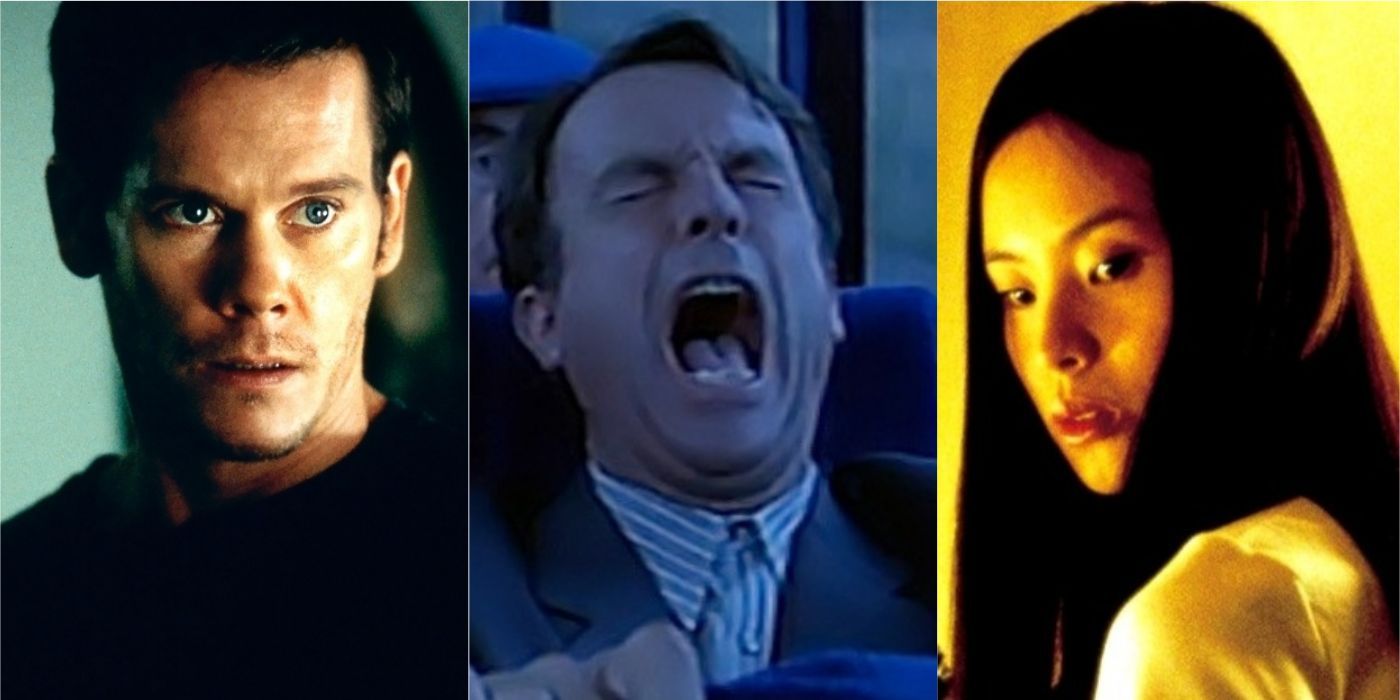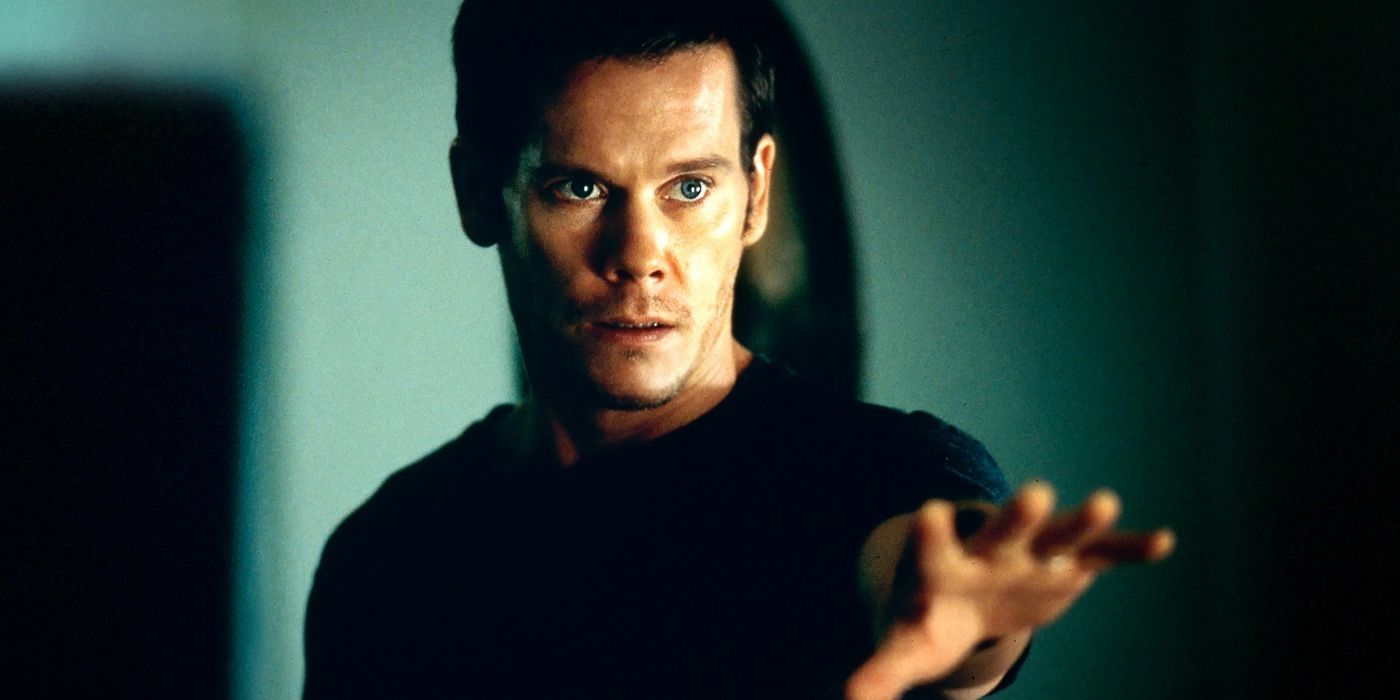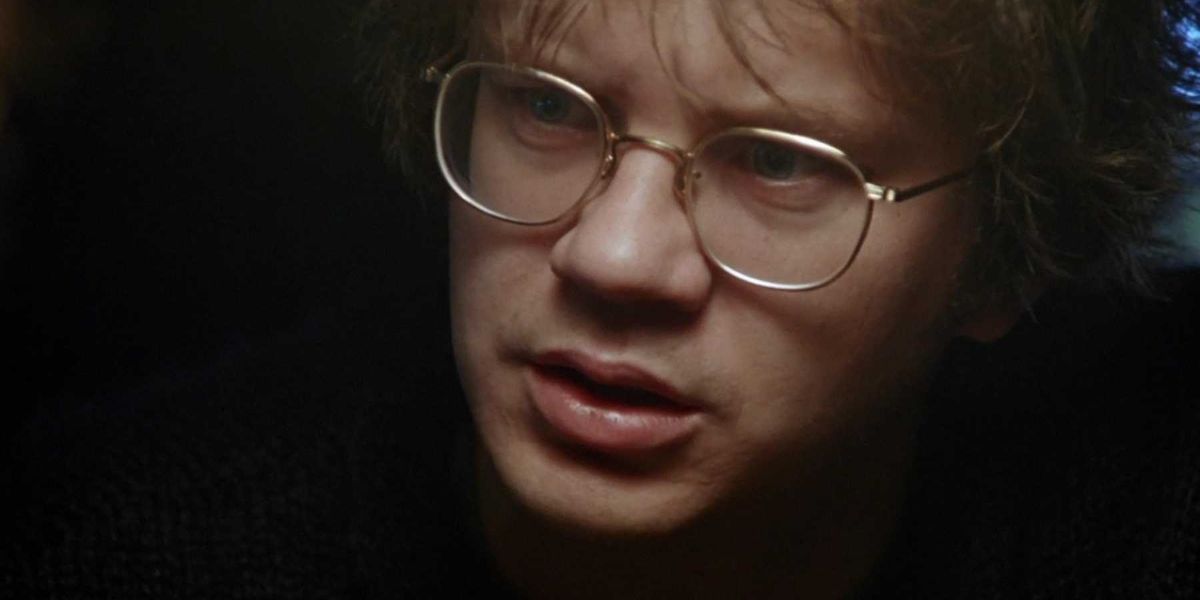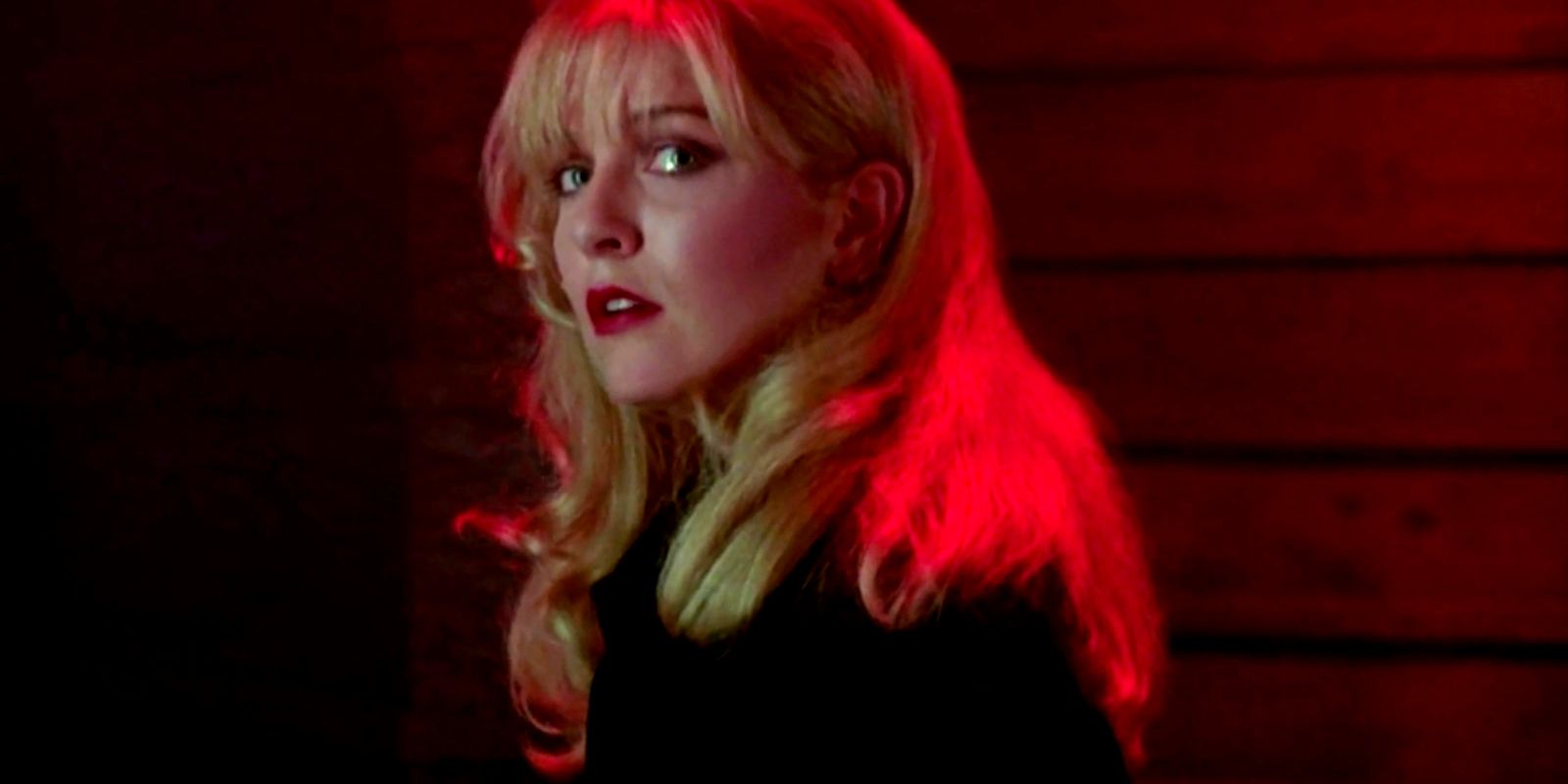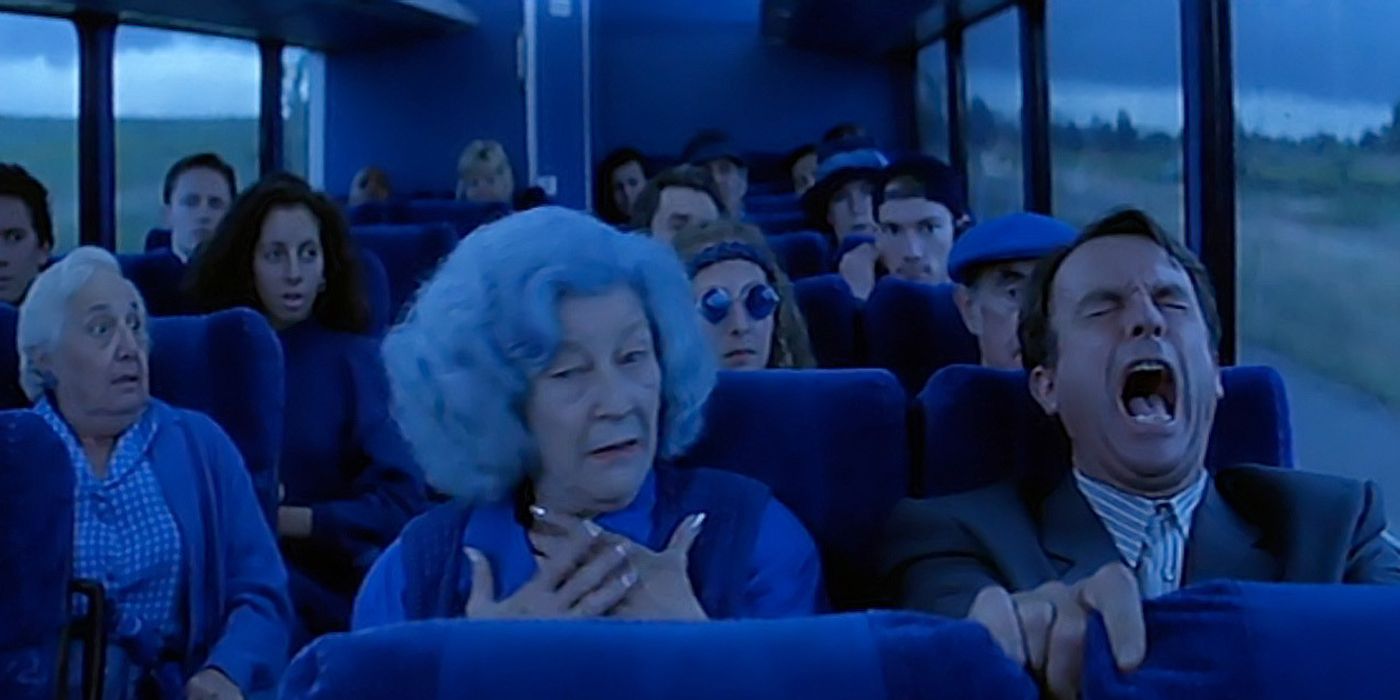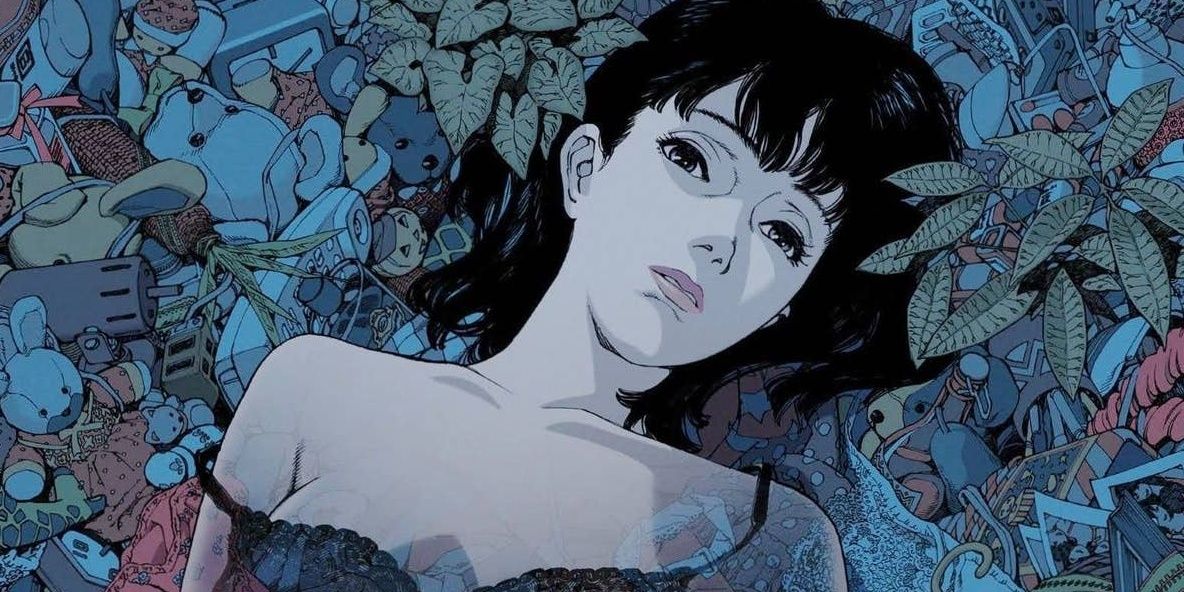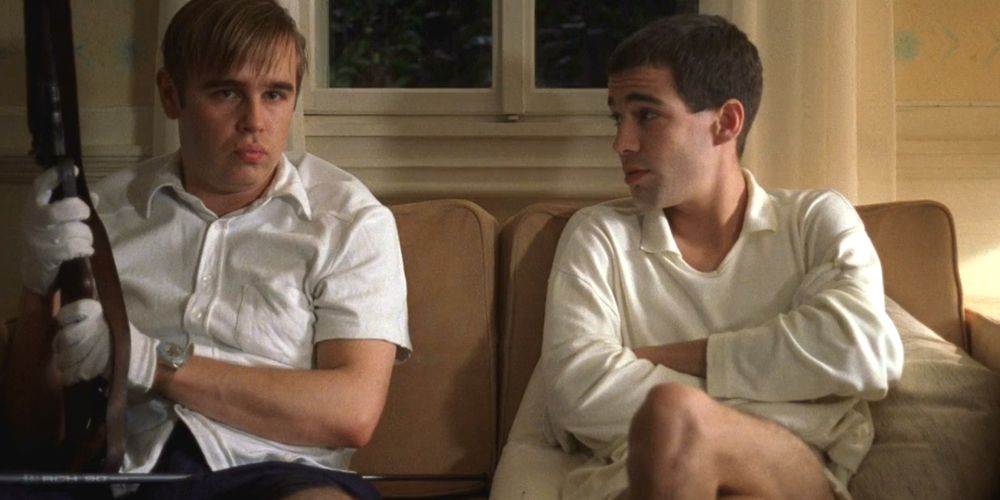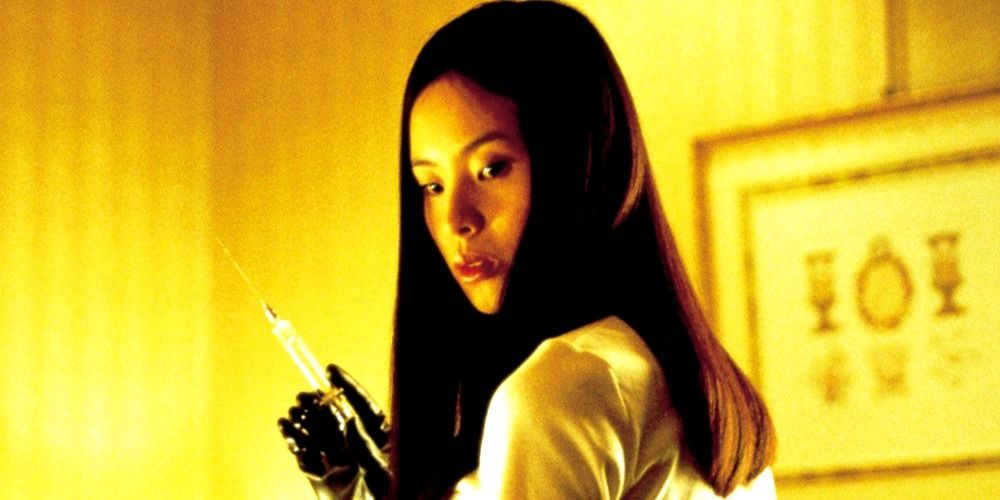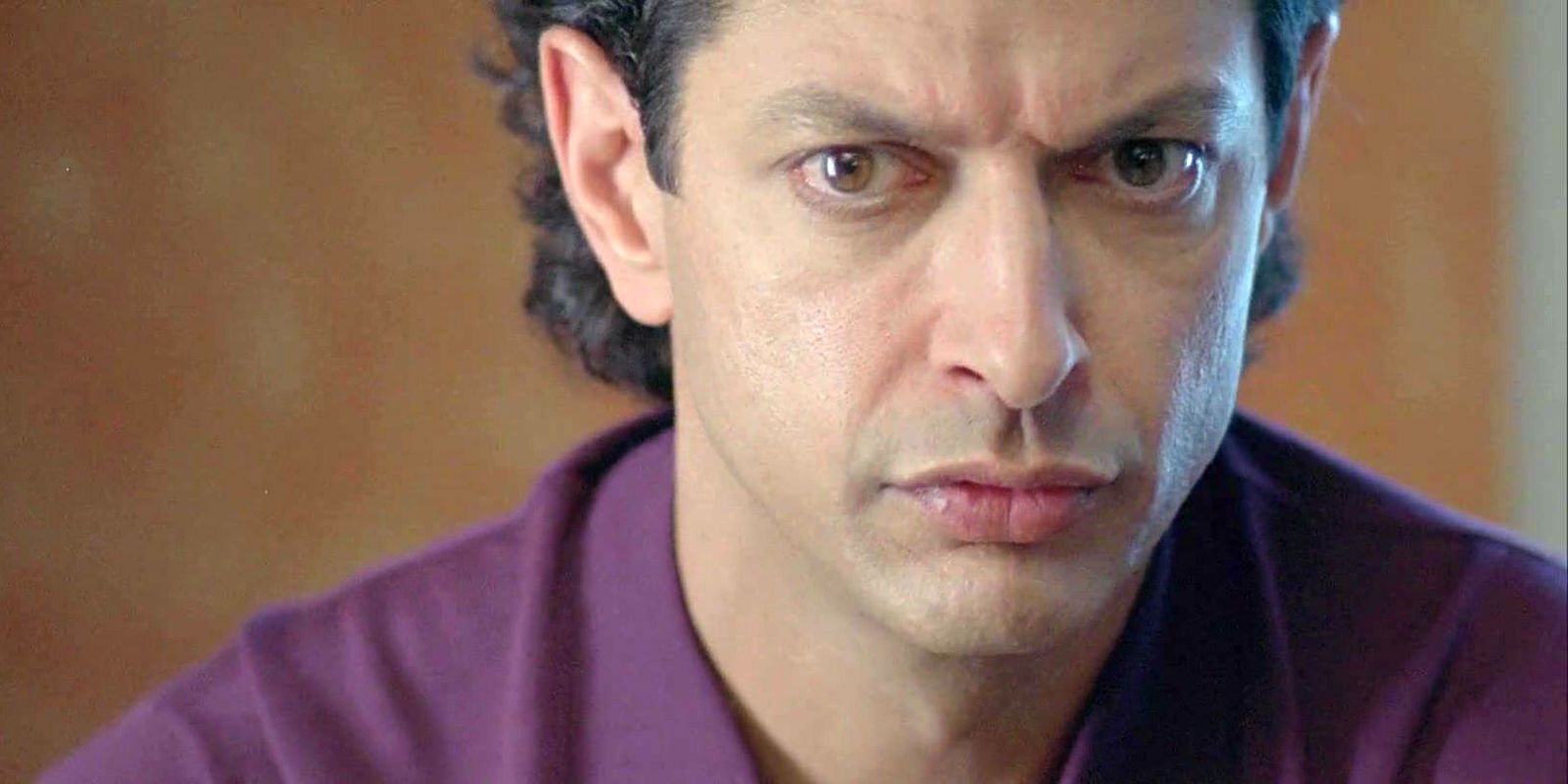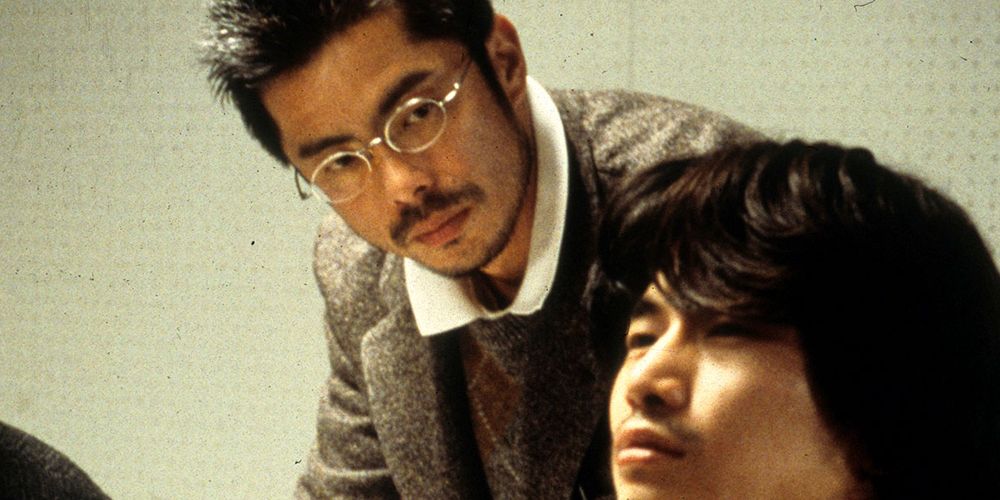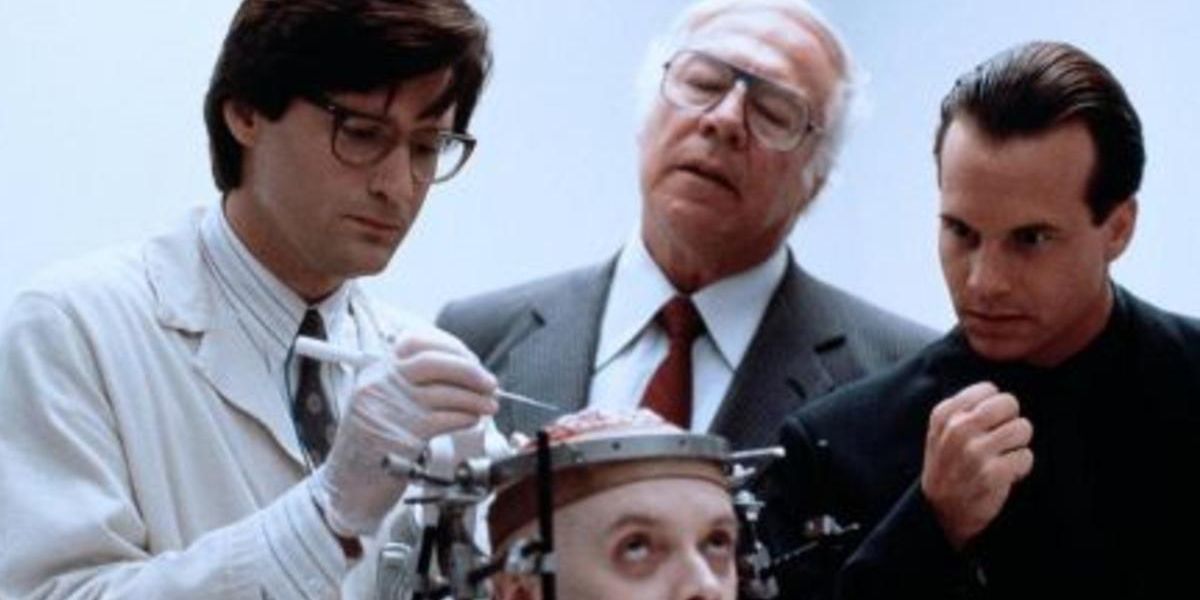The 1990s was a time to remember for psychological horror and movies that stayed with you long after the credits rolled. It was the decade that began with Rob Reiner’s superb adaptation of Stephen King’s Misery and ended with the low-budget brilliance of The Blair Witch Project.
Sandwiched in between came movies like Martin Scorsese’s Cape Fear, David Fincher’s Se7en, and, most significantly, The Silence Of The Lambs. Psychological scares went mainstream and movie theaters were all the better for it. But some of the best films from the era still found a way to fly under the radar, earning fans and plaudits through video rentals and late-night TV broadcasts.
Stir Of Echoes (1999)
Stir of Echoes was left stuck in the shadow of The Sixth Sense upon release, arriving in cinemas a few weeks after the M. Night Shyamalan classic. It’s arguably the more intelligent film, blending ghost story and thriller to unnerving effect.
Kevin Bacon stars as Tom, a blue-collar family man and supernatural skeptic who agrees to be hypnotized by his wife’s spirituality-obsessed sister. Things take a strange turn when he develops psychic abilities and suffers hallucinations about a missing teenager. Adapted from a classic Richard Matheson story by Jurassic Park scribe, David Koepp, this is an effectively creepy, suspenseful tale.
Jacob’s Ladder (1990)
Tim Robbins was mostly known for comedic roles and playing sidekicks prior to landing the lead in Adrian Lyne's disorientating psychodrama. Robbins plays Jacob Singer, a postal worker and Vietnam veteran haunted by his experience of the war and the tragic loss of his son. Matters are further complicated by the fact Jacob finds himself plagued by vivid hallucinations of demons and otherworldly realms.
Brilliantly realized and, at times, petrifying, Jacob’s Ladder remains an engrossing and incredibly surreal cinematic experience anchored by a star-making turn from Robbins, as well as fascinating and thought-provoking twists worthy of repeat viewing.
Twin Peaks: Fire Walk With Me (1992)
It may not have wrapped up Twin Peaks in the way fans may have hoped, but this big-screen prequel remains essential viewing for David Lynch fans or anyone with a penchant for psychological horror. Twin Peaks: Fire Walk with Me is a dizzying onslaught on the senses and every bit as strange and disorientating as you would expect.
It begins with the mysterious disappearance of an FBI agent before moving on to chronicle the fate of Laura Palmer (Sheryl Lee). Told in typically Lynchian fashion, it’s a hypnotic tale about a seemingly ordinary town and the dark underbelly beneath.
In The Mouth Of Madness (1994)
In The Mouth of Madness served as the third chapter in John Carpenter’s Apocalypse Trilogy of films alongside The Thing and Prince Of Darkness. It blends elements of those two classics along with influences like HP Lovecraft and Stephen King in an intriguing and, at times, utterly terrifying movie.
Sam Neill stars as John Trent, an insurance investigator on the trail of a missing horror novelist and his unreleased manuscript. Accompanied by the writer’s editor, he embarks on a trip to an eerie New Hampshire town to find him, while haunted by increasingly vivid nightmares. All hell breaks loose. Literally.
Perfect Blue (1997)
When an anime film cuts through to western audiences, it’s usually with good reason. In the case of Perfect Blue, it’s because Satoshi Kon's film is so hypnotically strange, stylish and thoroughly compelling. Adapted from Yoshikazu Takeuchi’s novel, the story follows Mima, a pop star who retires from music to pursue an acting career.
Her world begins to unravel, however, when she finds herself being stalked by an obsessive fan and haunted by malevolent specters from her past. Blurring the lines of fantasy and reality, Darren Aronofsky cites Perfect Blue as a major influence. It’s twisted and quite disturbing.
Funny Games (1997)
Michael Haneke made his name as a master provocateur of cinema with this searingly original subversion of the traditional slasher movie. Even this description fails to do justice to this radical and difficult-to-watch film: a nihilistic experiment designed to hold a mirror up to the audience watching such horrors.
Funny Games centers on two disturbed young men as they take a family hostage at their holiday home and subject them to alarming abuse and humiliation - all while breaking the fourth wall to speak to the audience and make them complicit in the process. It’s extreme but engrossing.
Audition (1999)
Part disturbing, grisly horror, part intelligent psychological drama, Takashi Miike’s Audition leaves an indelible mark on anyone who watches it. It follows Ryo Ishibashi’s Aoyama, a widower looking to date again. When a friend offers to screen girls using an audition for a fake film, he takes a shine to the withdrawn but beautiful Asami (Eihi Shiina).
However, it gradually becomes clear that Asami isn’t who he thought she was. Tense and occasionally harrowing, Audition is an undoubtedly difficult watch but it remains an effective and timely morality tale highlighting the unspoken power dynamics that exist between men and women.
Hideaway (1995)
Hideaway drew decidedly mixed reviews upon release, while Dean Koontz, the author whose book it was supposedly based on, unsuccessfully lobbied to have his name removed. This should be enough to sink most movies, but Hideaway is well worth resurrecting for Jeff Goldblum’s performance alone.
He plays Hatch, a man who after seemingly passing away after a car accident finds himself revived two hours later a changed man. Haunted by frightening visions, Hatch comes to realize he has somehow become psychically linked to a serial slayer. Dark, distinctive, and just the right side of strange, this is worthy of reappraisal.
Cure (1997)
Kiyoshi Kurosawa took the audience on a dizzying trip into the unconscious mind with this hypnotic blend of crime drama and horror. Koji Yakusho stars as a detective investigating a string of gruesome slayings where an X has been carved into the neck of each victim.
In each instance, the culprit is found near the victim with no memory of the crime. One of the first films to usher in the new wave of Japanese cinema alongside Hideo Nakata’s Ring, Cure is a grippingly atmospheric mystery and also, at times, deeply philosophical. It's a bleak, powerful film that gets under the skin.
Brain Dead (1990)
Worth watching for the combination of Bill Pullman and Bill Paxton alone, Braindead is a deliciously demented affair that blends dream and reality to an increasingly agitated effect. Pullman stars as Dr. Rex Martin, a leading neurosurgeon specializing in mental illness who is recruited by an old school friend, Jim Reston (Paxton), now working at a shady mega-corporation, to help extract a secret formula from the mind of a brilliant mathematician with paranoid schizophrenia.
Mind-bending shenanigans ensue as Martin descends into the darkest corners of the human mind. This is a starkly original premise boasting winning lead performances.

